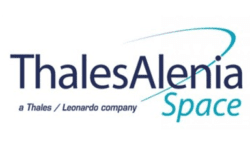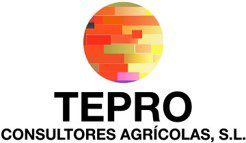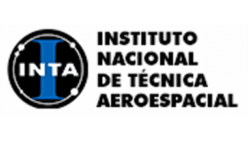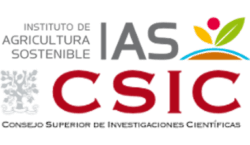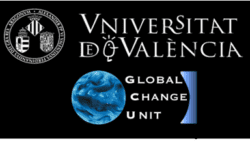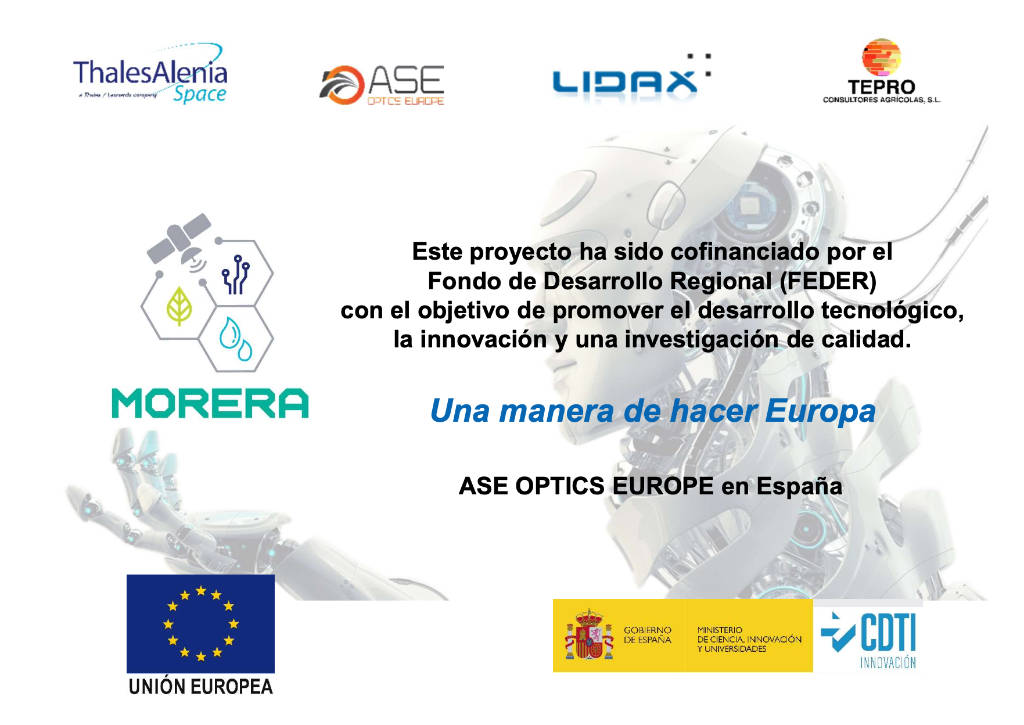
MORERA Project – CDTI Missions
System for Monitoring Efficient Irrigation and Agricultural Yields
The MORERA project will develop a personalized irrigation recommendation system for each plot based on satellite imagery and Artificial Intelligence, as well as a new generation of miniaturized and compact remote sensing instruments to respond with agility to users’ needs.
Its goal is to boost the Spanish agricultural industry, the most important in the country with 11% of GDP, by providing personalized information to farmers that allows them to apply precision agriculture at low cost.
Proyecto pionero en monitorización de riego y rendimiento agrícola con nuevos sensores espaciales
MORERA is a pioneering initiative in the sector that will make it possible to develop personalized irrigation recommendations for each plot, allowing up to 25% water reduction in crops thanks to Artificial Intelligence and satellite imagery, integrating data from dedicated instruments and multiple sources (Copernicus, AEMET, etc.) and developing a new generation of miniaturized and compact space instruments for remote sensing.
MORERA es una iniciativa pionera en el sector que permitirá elaborar recomendaciones personalizadas de riego para cada parcela permitiendo reducir hasta un 25% el agua en los cultivos gracias a la Inteligencia Artificial y a imágenes por satélite, integrando datos de instrumentos dedicados y de múltiples fuentes (Copernicus, AEMET, etc.) y desarrollando una nueva generación de instrumentos espaciales miniaturizados y compactos para la teledetección. Center for the Development of Industrial Technology (CDTI) seeks solutions to problems with high impact on society through innovative technologies.
MORERA is the first project of a parcel recommendation system (not only maps) based on new remote sensing tools and Copernicus satellite data processed by Artificial Intelligence algorithms. It is also a pioneer project in Europe in using thermal infrared to calculate evapotranspiration and water stress, which will allow deficit irrigation management.
New generation of miniaturized instruments for remote sensing
Since this system will need optimized data for agricultural use and short update times, MORERA will also go further in the field of remote sensing to generate miniaturized and compact optical instruments with a combined size and resolution ratio not yet existing. This will be achieved through the application of freeform geometries in optical systems for space, which will reduce the size and cost of the system. These combined elements, not present in any of the instruments currently in service, must be compatible with small satellites and cubesat constellations in order to minimize development time and costs by increasing the versatility of the system (constellations that increase revisit and/or coverage, extrapolation to other applications or inclusion of new detection bands, etc.).
Benefits for the agricultural sector and industry
Thanks to MORERA, farmers will be able to apply precision agriculture at low cost with a system that will provide them with a periodic measurement of crop condition and give them personalized fertigation recommendations, as well as yield forecasts based on Artificial Intelligence and Big Data algorithms. This integrated concept represents an advance over the options currently available on the market, which responds to the needs of the sector in terms of resource management in the context of climate change.
In this line, MORERA will investigate new algorithms for processing remote sensing images with machine learning to optimize farmers’ decisions: recommendations in deficit irrigation scenarios and crop yield prediction.
Consortium members
Thales Alenia Space España leads this consortium and will be in charge of the definition of the complete system, of the Artificial Intelligence algorithm in cooperation with TEPRO and IAS and of the definition and integration of the new thermal infrared instruments in cooperation with LIDAX, ASEOPTICS, INTA and UV, being responsible for the final integration and testing of the overall system prototype.
More Informationn…
If you are interested in learning more about this project, or would like more information about ASE Optics Europe’s capabilities and experience, please contact us!

